Home>Garden Essentials>What Are The Pros And Cons Of Astro Turf
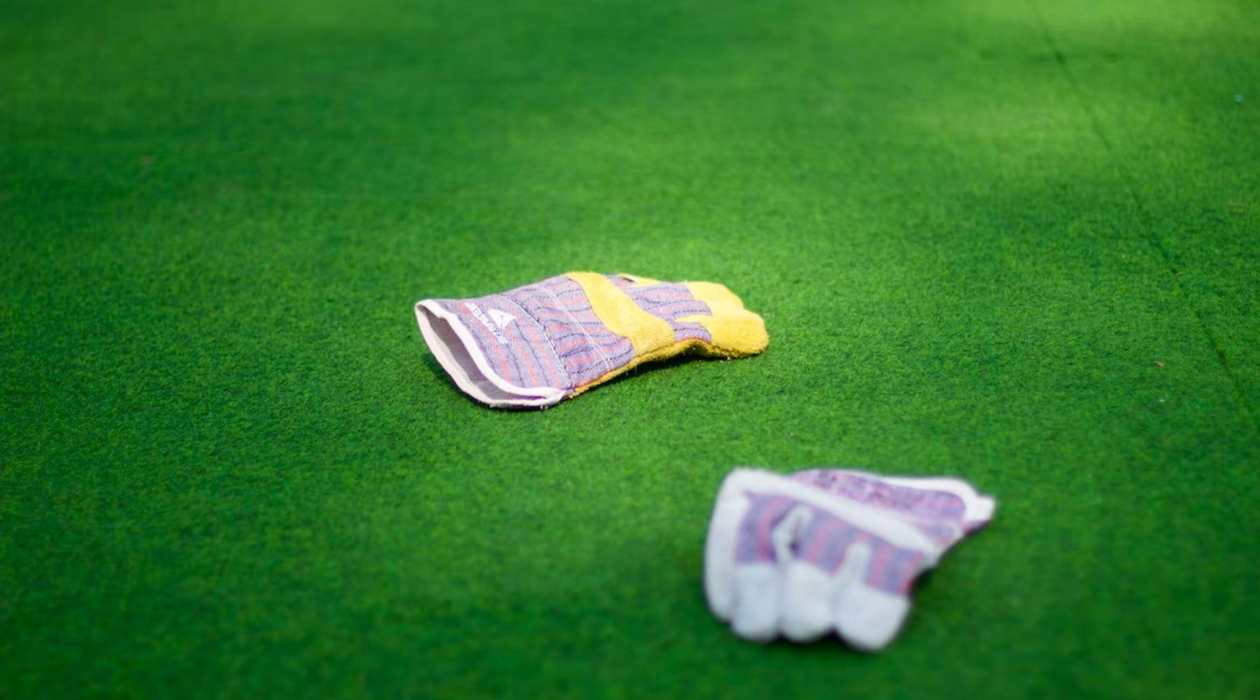

Garden Essentials
What Are The Pros And Cons Of Astro Turf
Modified: March 7, 2024
Discover the pros and cons of using astro turf in your garden. Learn about the benefits of low maintenance and year-round greenery, while weighing the drawbacks of artificial materials and potential environmental impacts.
(Many of the links in this article redirect to a specific reviewed product. Your purchase of these products through affiliate links helps to generate commission for Storables.com, at no extra cost. Learn more)
Introduction
Astro Turf, also known as artificial grass or synthetic turf, has gained popularity as an alternative to natural grass. It is commonly used in various settings such as residential lawns, sports fields, and commercial spaces. Astro Turf provides a low-maintenance, durable, and aesthetically appealing solution for those who want a green outdoor space without the hassle of maintaining real grass.
While Astro Turf has its benefits, it also comes with its own set of drawbacks. In this article, we will explore the pros and cons of Astro Turf, helping you make an informed decision about whether it is the right choice for your garden or outdoor space.
Key Takeaways:
- Astro Turf offers low maintenance, durability, and water conservation benefits, making it a great choice for busy individuals and those who want a lush, usable outdoor space in all weather conditions.
- While Astro Turf provides a visually appealing and versatile alternative to natural grass, it comes with initial cost, heat retention, and environmental impact considerations that should be weighed against its benefits.
Read more: What Are The Pros And Cons Of A Pergola?
Pros of Astro Turf
1. Low Maintenance: One of the biggest advantages of Astro Turf is its low maintenance requirements. Unlike natural grass, which needs regular mowing, watering, and fertilizing, artificial grass doesn’t require any of these tasks. This saves you time, effort, and money in the long run, making it an attractive option for busy individuals or those with limited gardening skills.
2. Durability: Astro Turf is designed to withstand heavy use and withstand harsh weather conditions. It is made from high-quality materials that are resistant to fading, tearing, and general wear and tear. This means that it can maintain its vibrant green color and lush appearance for many years, even with frequent foot traffic or exposure to extreme weather.
3. All-Weather Utility: Unlike natural grass which can become muddy and unusable after heavy rain, Artificial turf provides a stable and usable surface in all weather conditions. Whether it’s raining or shining, Astro Turf remains accessible for activities like outdoor sports, parties, or general relaxation.
4. Water Conservation: With increasing concerns about water scarcity and environmental impact, Astro Turf offers a water-efficient solution. The absence of watering requirements means you can significantly reduce your water consumption, helping to conserve this precious resource and play your part in sustainable living. Additionally, the absence of pesticides and fertilizers reduces the risk of groundwater pollution.
5. Aesthetically Pleasing: Artificial grass provides a consistently lush and well-manicured appearance, giving your garden or outdoor space a visually appealing look all year round. The vibrant green color and even texture create a welcoming and inviting atmosphere, enhancing the overall aesthetic appeal of your property.
6. Versatile Applications: Astro Turf isn’t just limited to traditional lawns. It can be used to enhance various outdoor spaces, including balconies, rooftops, and even indoor areas. Its flexibility allows for creative installations, giving you the freedom to design and personalize your outdoor space according to your preferences.
7. Reduced Allergies and Pests: Natural grass can be a breeding ground for allergens and pests, causing discomfort for those with allergies or sensitivities. Astro Turf eliminates this issue, as it doesn’t harbor pollen, insects, or other potential allergens. This makes it a suitable option for individuals who want to enjoy their outdoor space without worrying about allergy symptoms or dealing with unwanted pests.
When considering the pros and cons of astro turf, it’s important to weigh the benefits of low maintenance and durability against the potential for heat retention and environmental impact. Consider the specific needs and priorities for your intended use.
Cons of Astro Turf
1. Initial Cost: Astro Turf installation can be expensive, especially when compared to the cost of seeding or laying natural grass. The materials, labor, and equipment involved in the installation process can add up quickly. However, it’s important to consider the long-term savings in maintenance and water bills that come with artificial grass.
2. Heat Retention: Astro Turf can absorb and retain heat, especially in warm climates or direct sunlight. This can make the surface hot and uncomfortable to walk on, potentially limiting its use during peak hours of the day. However, advancements in technology have led to the development of cooling technology in some artificial turf products, which can help mitigate this issue.
3. Less Natural Feel: While Astro Turf can mimic the appearance of real grass, it doesn’t provide the same sensory experience. It lacks the texture, smell, and natural feel that comes with natural grass. This can be a downside for those who value the authentic touch and experience of being in a garden or outdoor space.
4. Drainage Issues: Proper drainage is essential for maintaining the health of natural grass. With Astro Turf, poor drainage can lead to water pooling on the surface, potentially causing flooding or damage. It’s crucial to ensure that the artificial turf installation includes an adequate drainage system to avoid this problem.
5. Limited Lifespan: While Astro Turf is designed to be durable, it does have a limited lifespan. The exact lifespan varies depending on the quality of the product and the amount of use it receives. Eventually, the turf will wear out and require replacement. It’s important to factor in the cost and effort of replacing artificial grass in the future.
6. Environmental Impact: While Astro Turf reduces water consumption and eliminates the need for pesticides and fertilizers, it is not entirely environmentally neutral. The production and disposal of artificial grass can have an impact on the environment. It’s essential to choose sustainable and eco-friendly synthetic turf options to minimize the environmental footprint.
7. High surface temperature: In areas with high temperatures, artificial turf can become significantly hotter than the surrounding environment. This can make it uncomfortable to walk or play on, especially for pets or children. Providing shade or using cooling techniques can help alleviate this issue.
It’s important to weigh the pros and cons of Astro Turf to determine if it is the right choice for your specific needs and preferences. While it offers many benefits such as low maintenance, durability, and water conservation, it also has drawbacks like the initial cost and limited lifespan. Ultimately, the decision should be based on your priorities and the unique requirements of your outdoor space.
Conclusion
Astro Turf, or artificial grass, offers numerous advantages and disadvantages for those considering it as an alternative to natural grass in their gardens or outdoor spaces. Understanding the pros and cons can help you make an informed decision about whether Astro Turf is the right choice for you.
The pros of Astro Turf are compelling. Its low maintenance requirements save time, effort, and money, while its durability ensures a long-lasting and vibrant appearance. Astro Turf also provides a usable surface in all weather conditions and contributes to water conservation efforts. Its aesthetic appeal, versatility, and allergen-free nature are additional benefits that attract many homeowners and property owners.
However, there are also some downsides to consider. The initial cost of installation and potential heat retention on hot days may be concerns. Artificial grass may not provide the same natural feel and sensory experience as real grass, and drainage issues and limited lifespan must be taken into account. It is also important to consider the environmental impact associated with Astro Turf production and disposal.
In conclusion, when deciding whether to choose Astro Turf, it is crucial to consider your priorities, budget, location, and personal preferences. If you prioritize low maintenance, durability, and water conservation, Astro Turf may be the right choice for you. However, if you value a natural feel and sensory experience, or if the initial cost and limited lifespan are significant barriers, you may prefer to opt for natural grass or explore other landscaping alternatives.
Ultimately, the decision is yours, and each choice comes with its own set of pros and cons. By weighing these factors and considering the specific needs of your garden or outdoor space, you can make an educated decision that will enhance the beauty, functionality, and enjoyment of your outdoor environment.
Frequently Asked Questions about What Are The Pros And Cons Of Astro Turf
Was this page helpful?
At Storables.com, we guarantee accurate and reliable information. Our content, validated by Expert Board Contributors, is crafted following stringent Editorial Policies. We're committed to providing you with well-researched, expert-backed insights for all your informational needs.
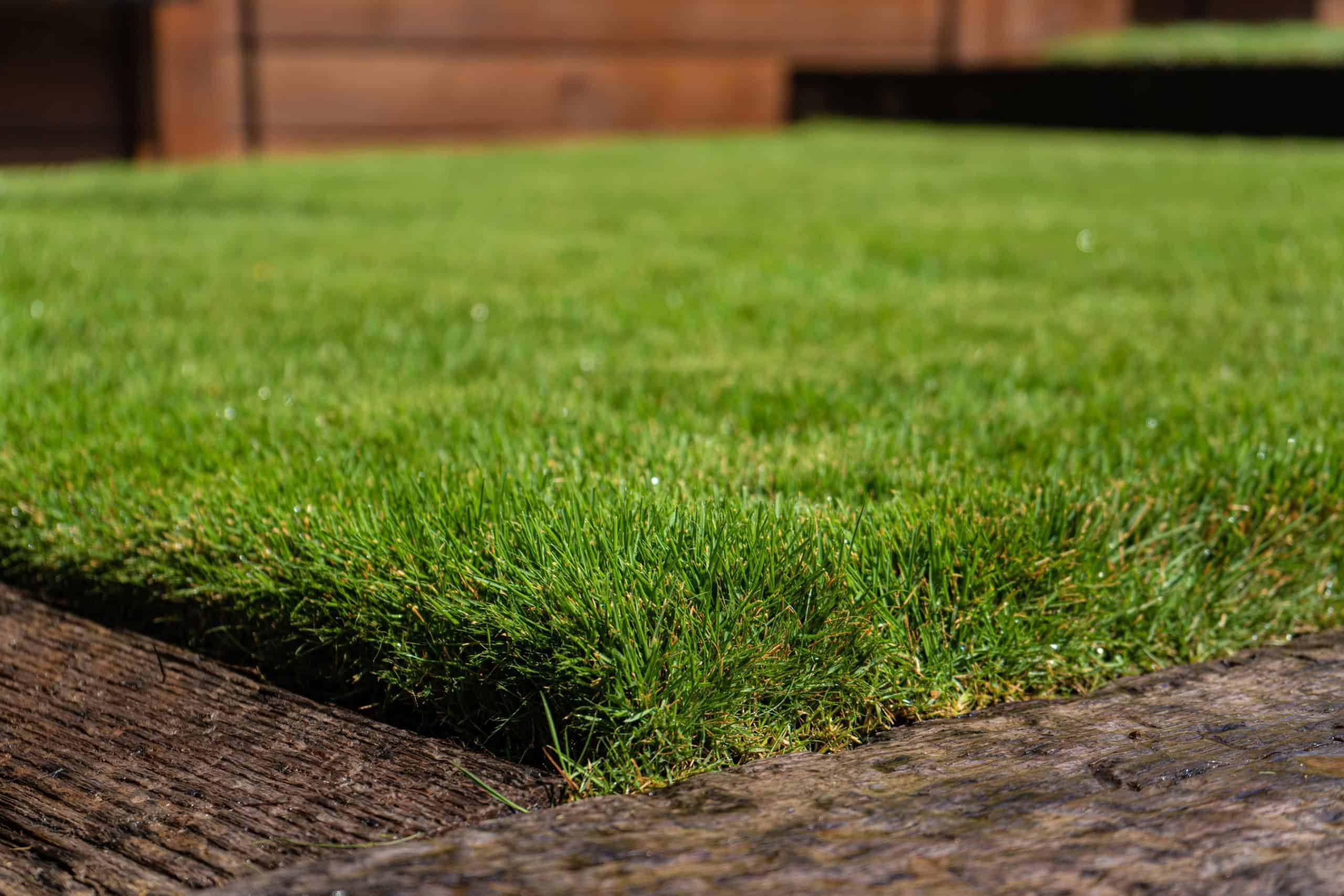
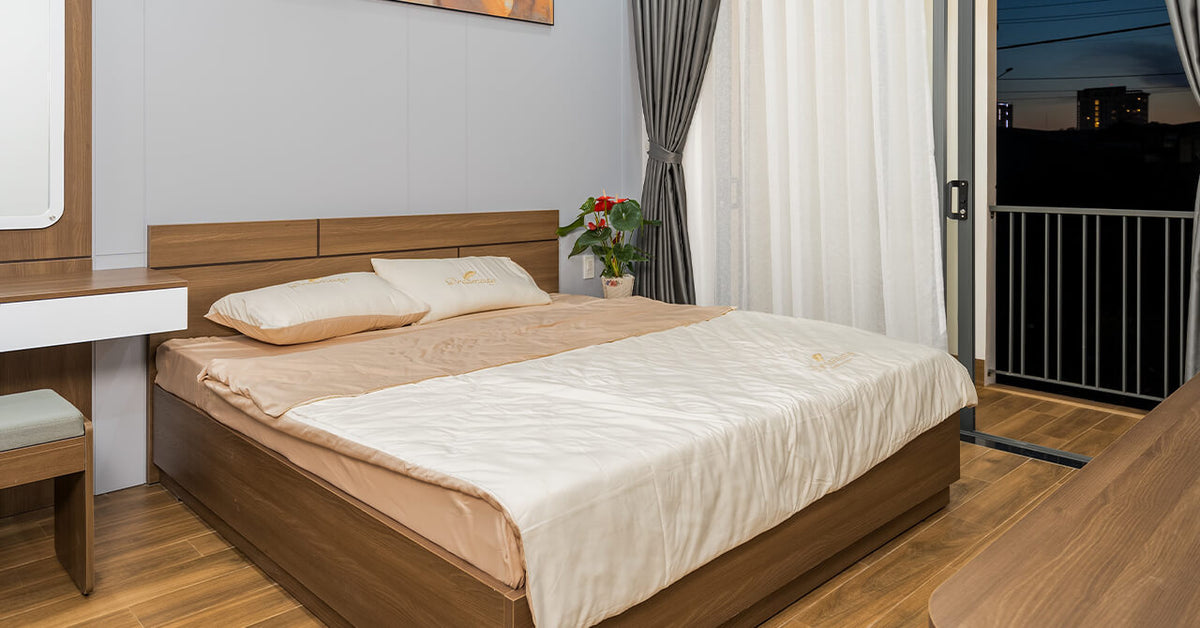
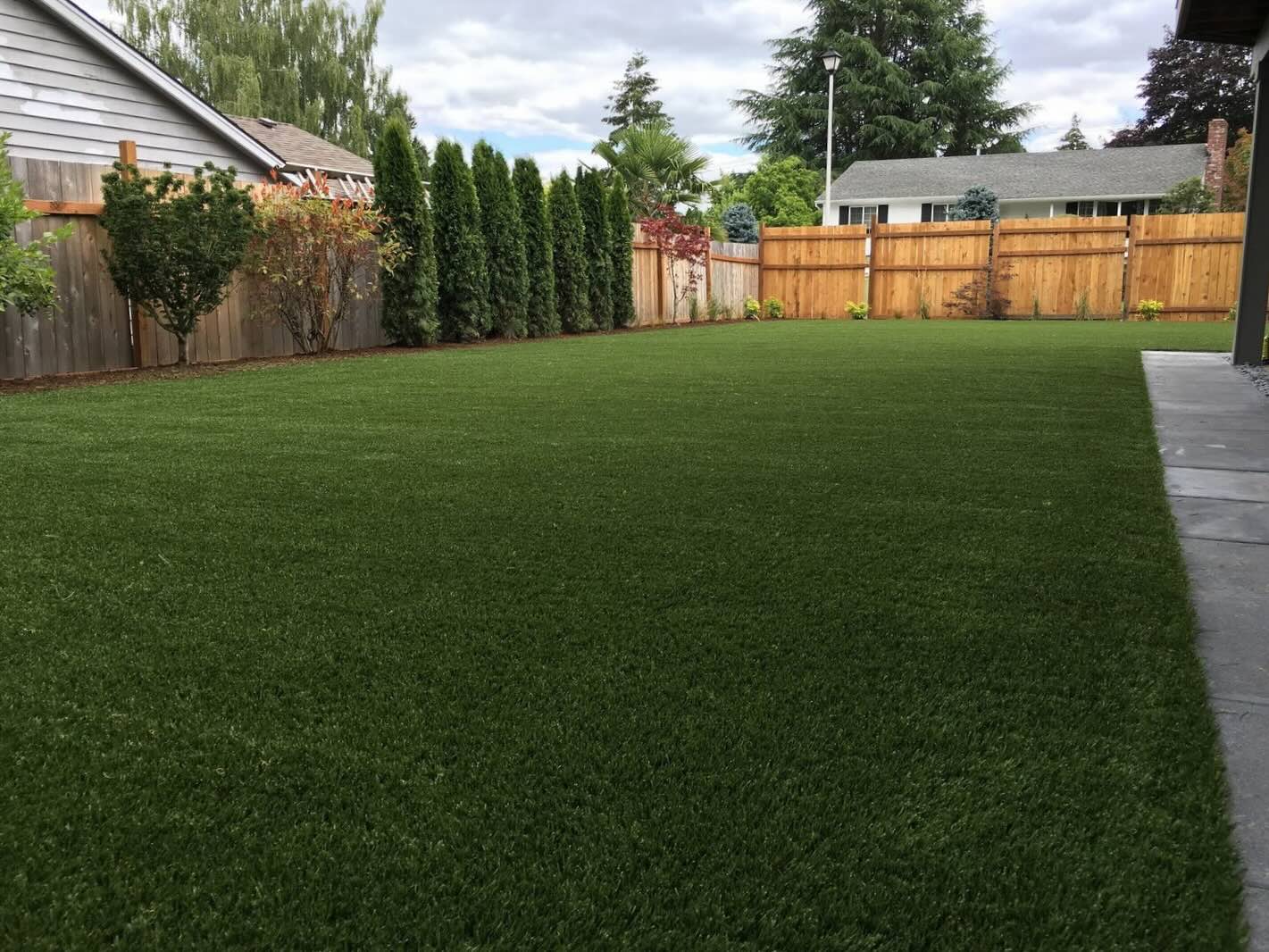
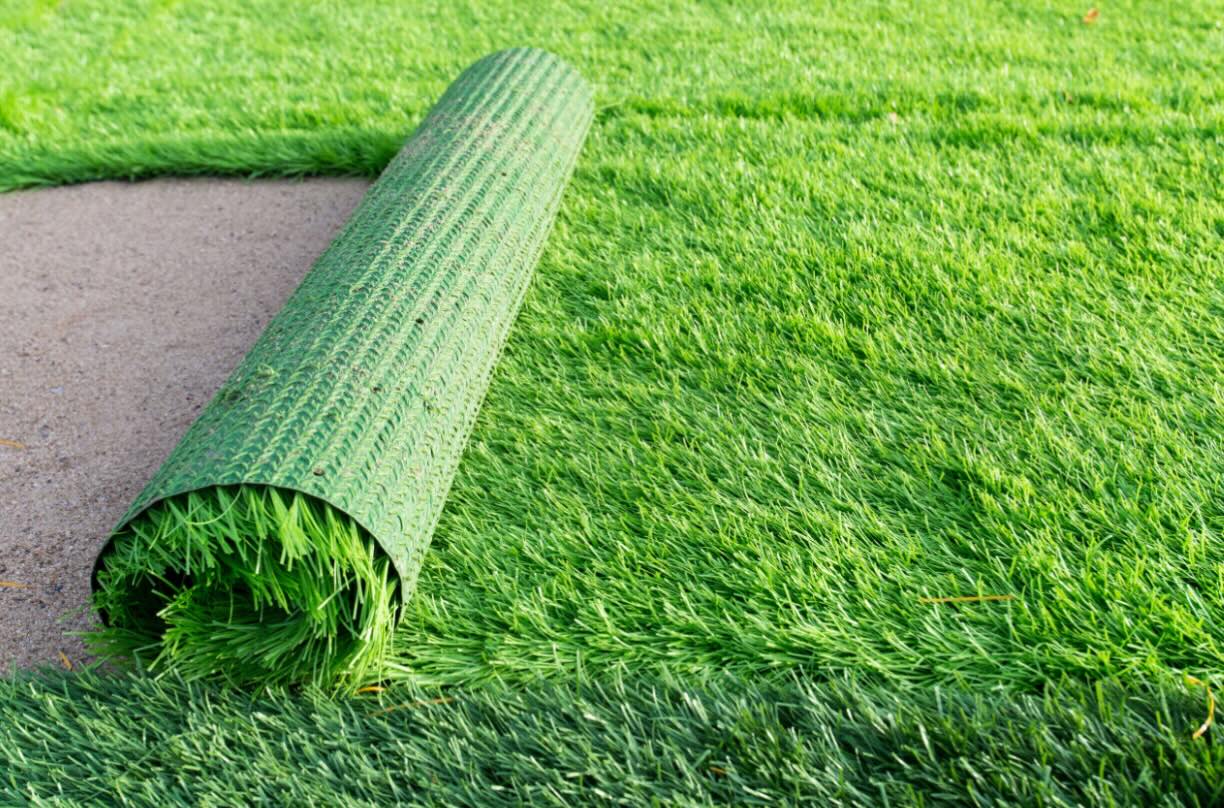
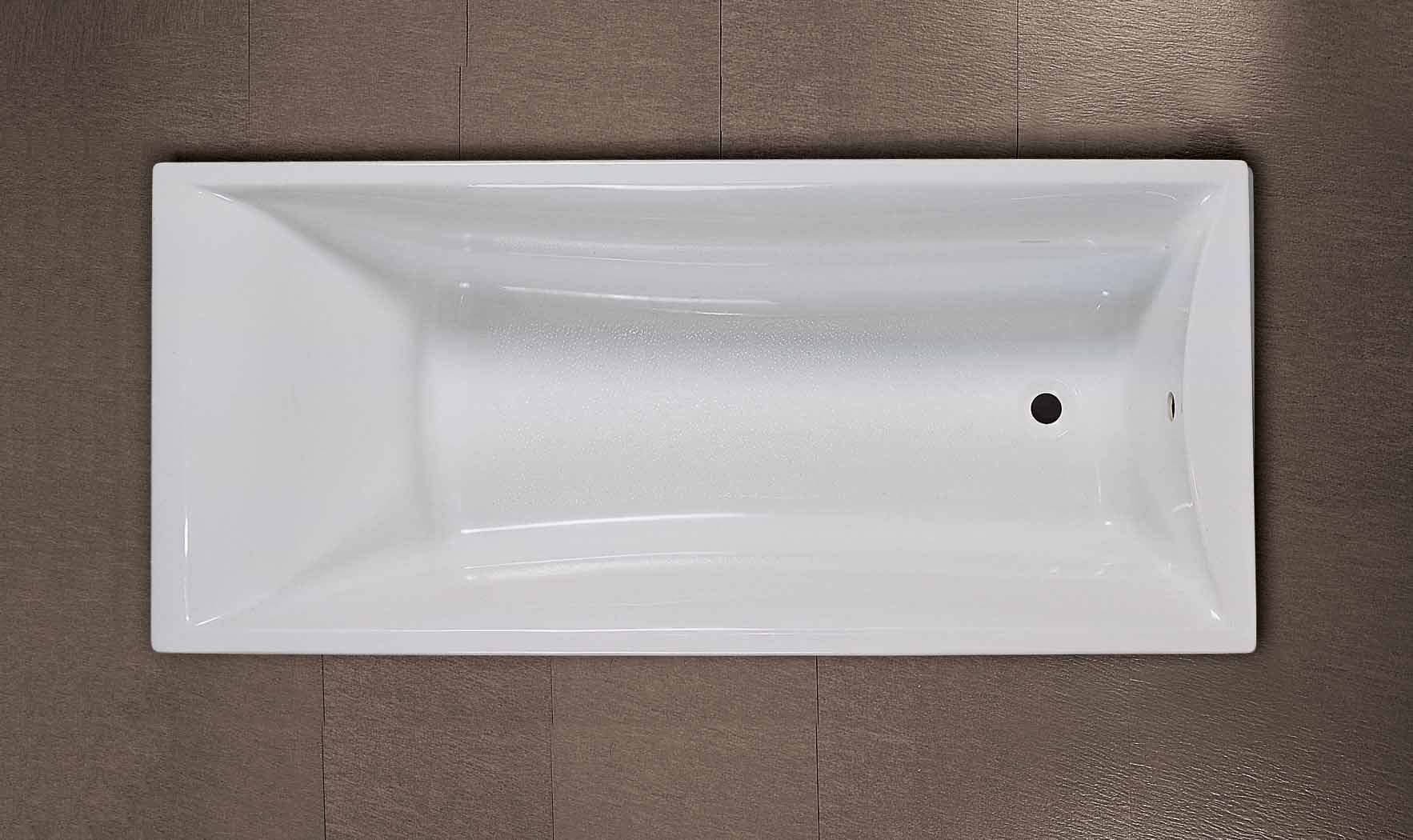
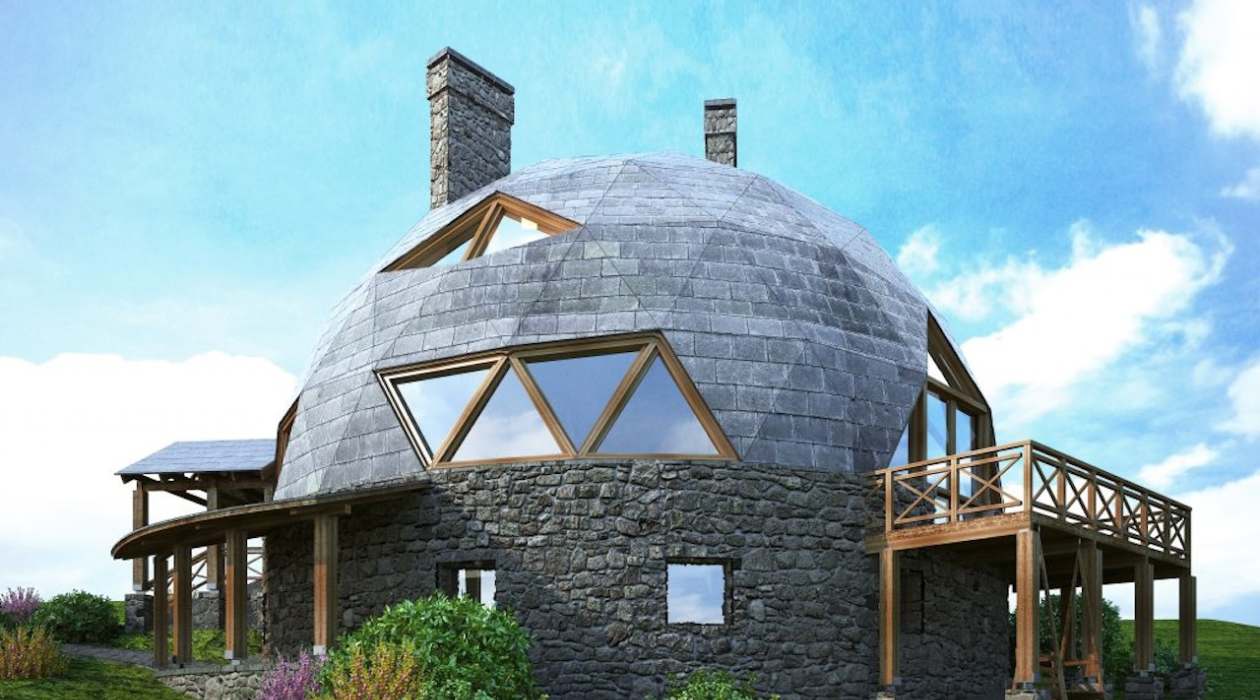
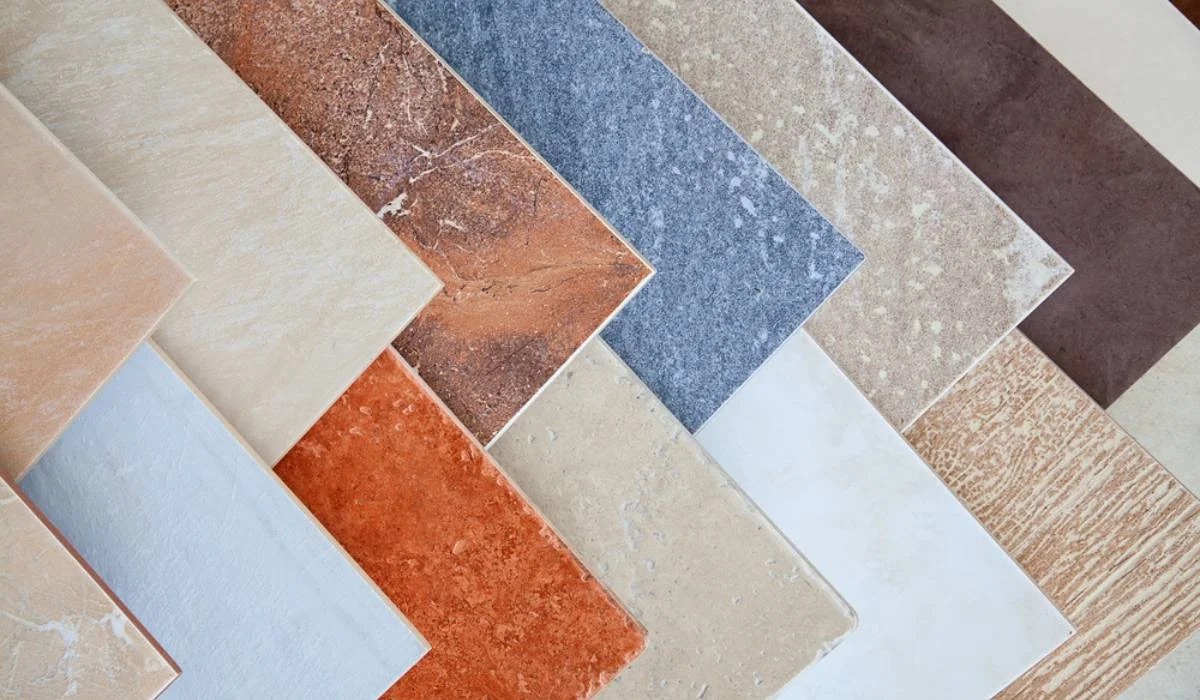

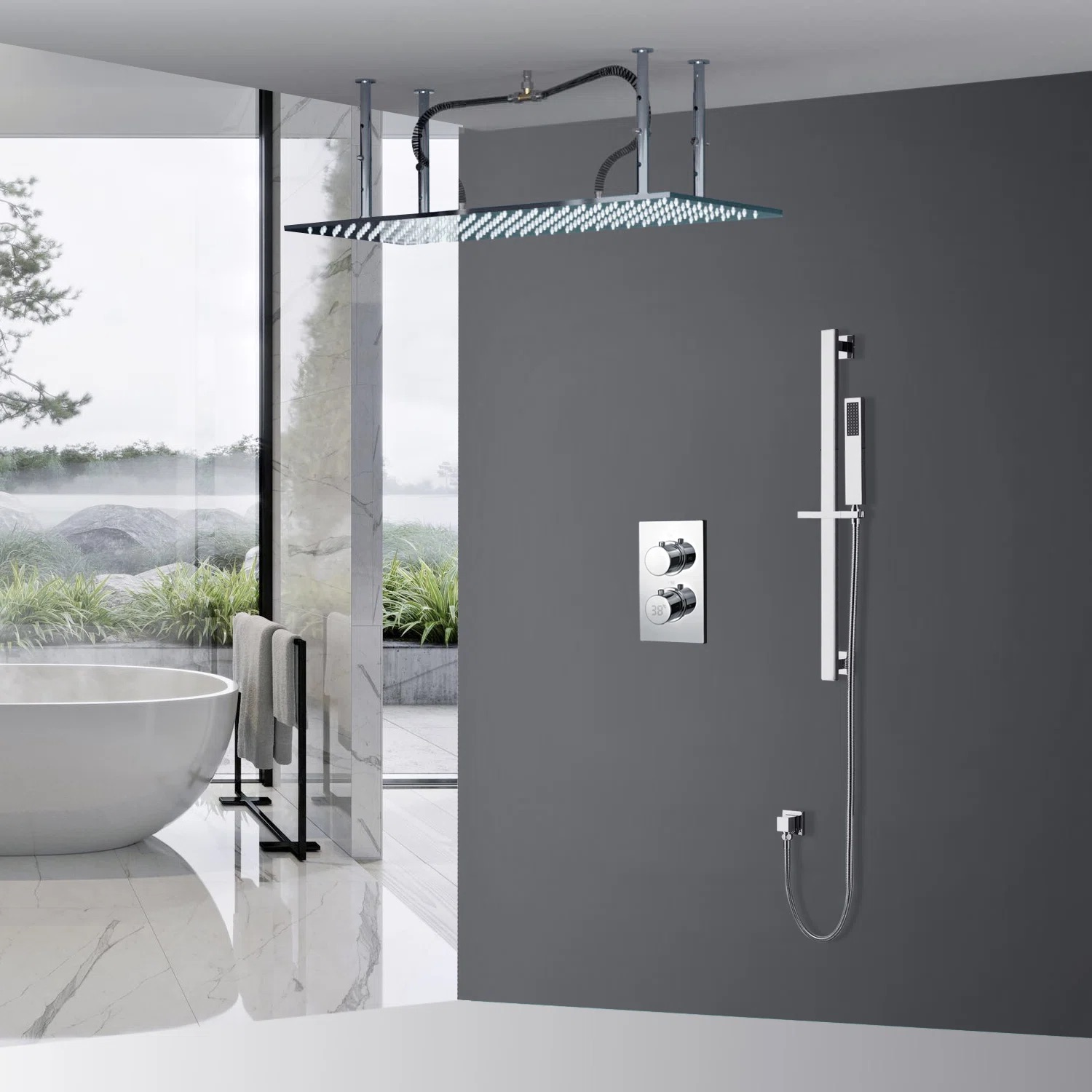
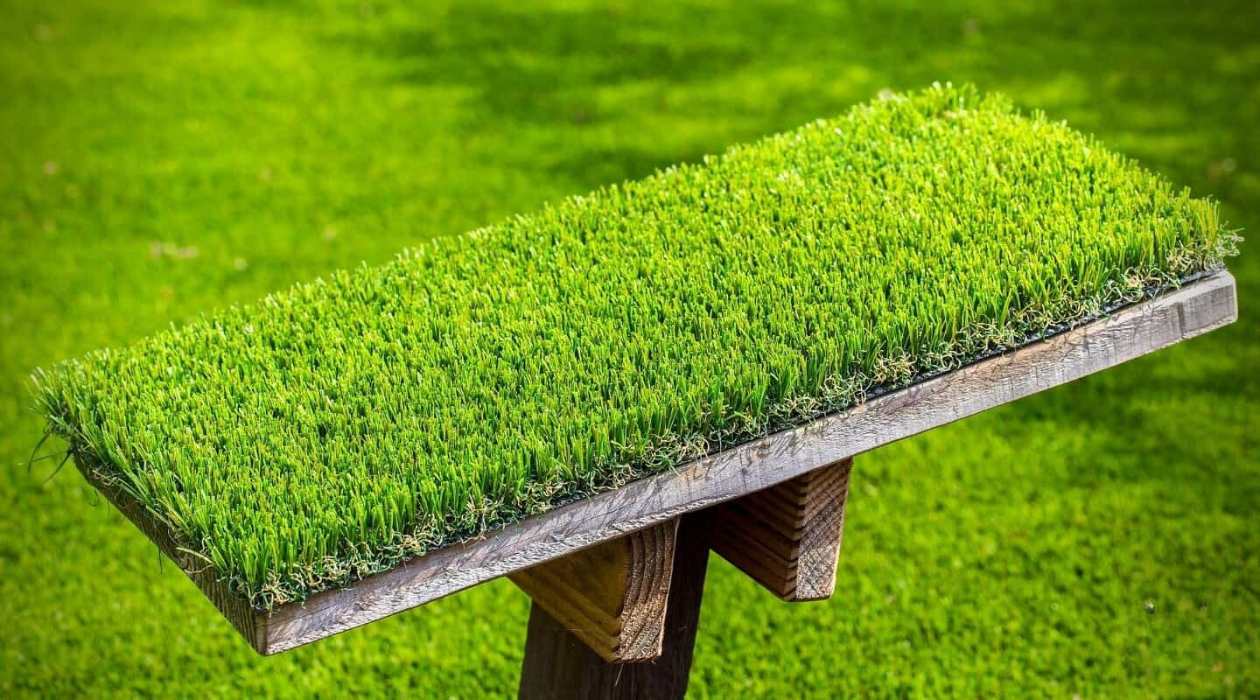
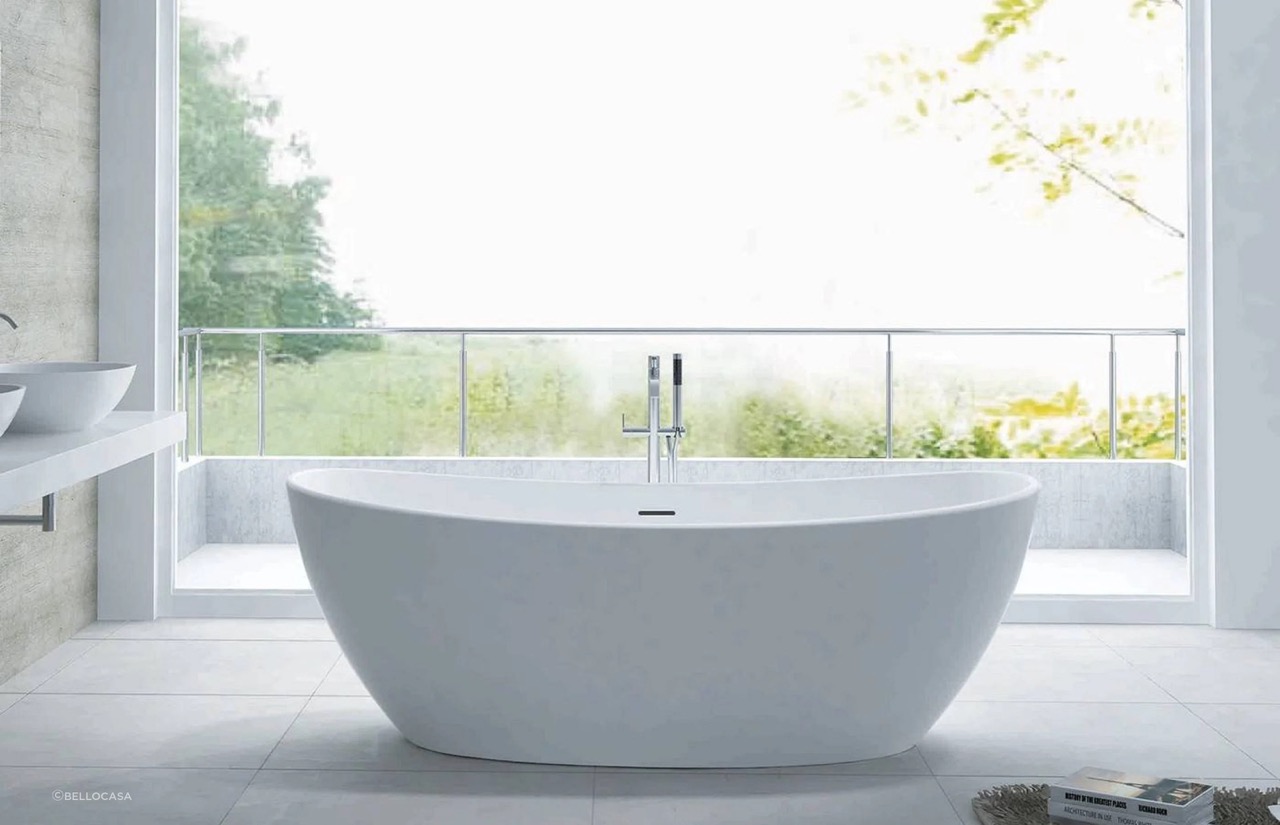
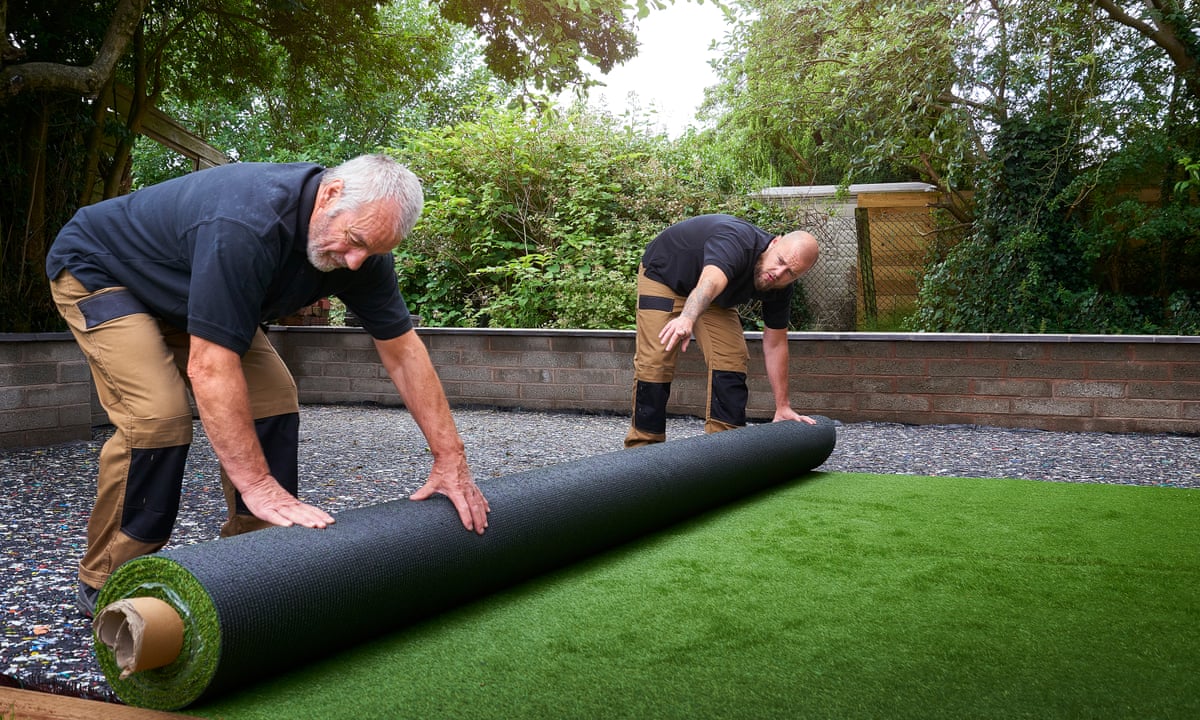
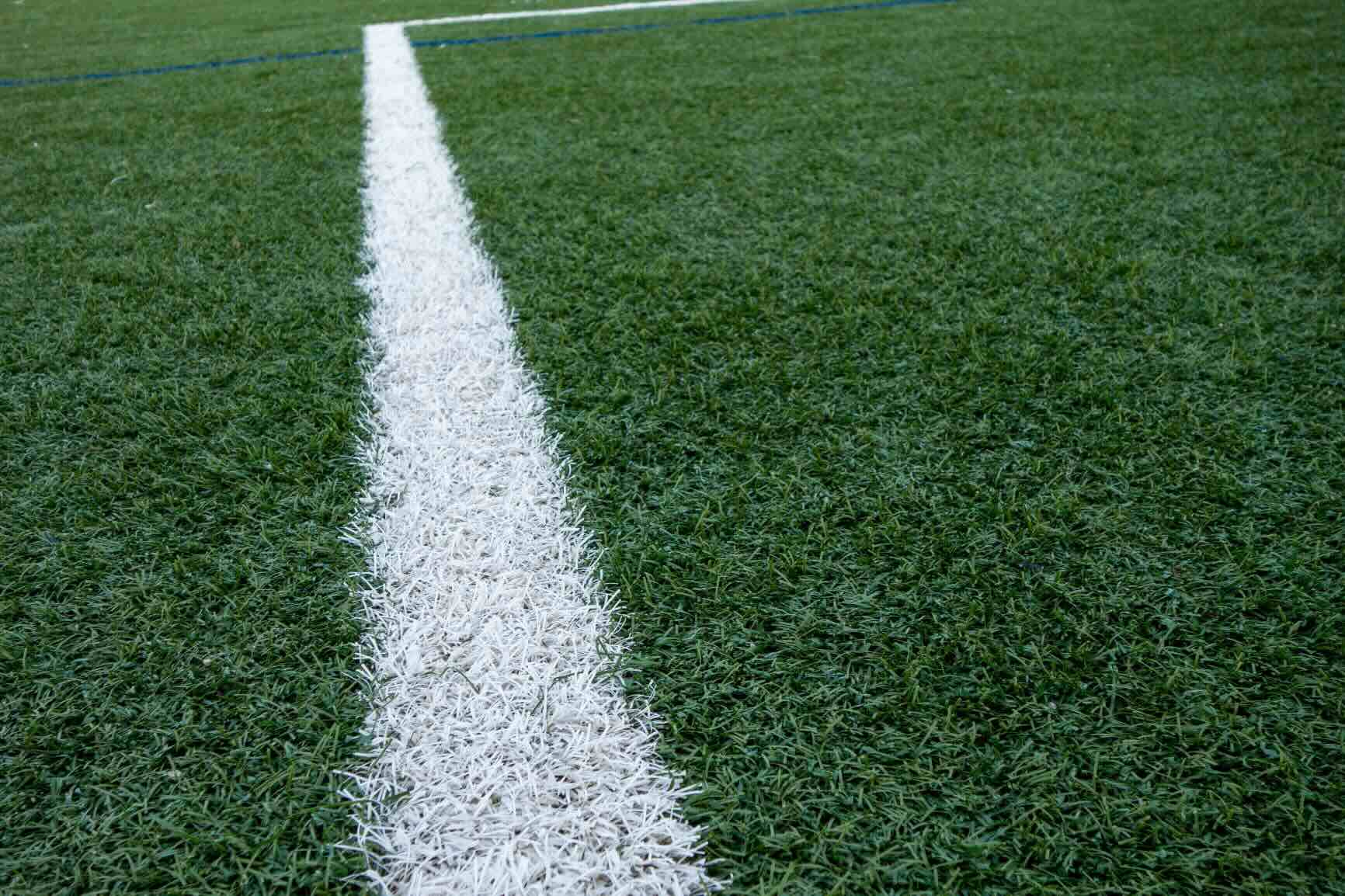
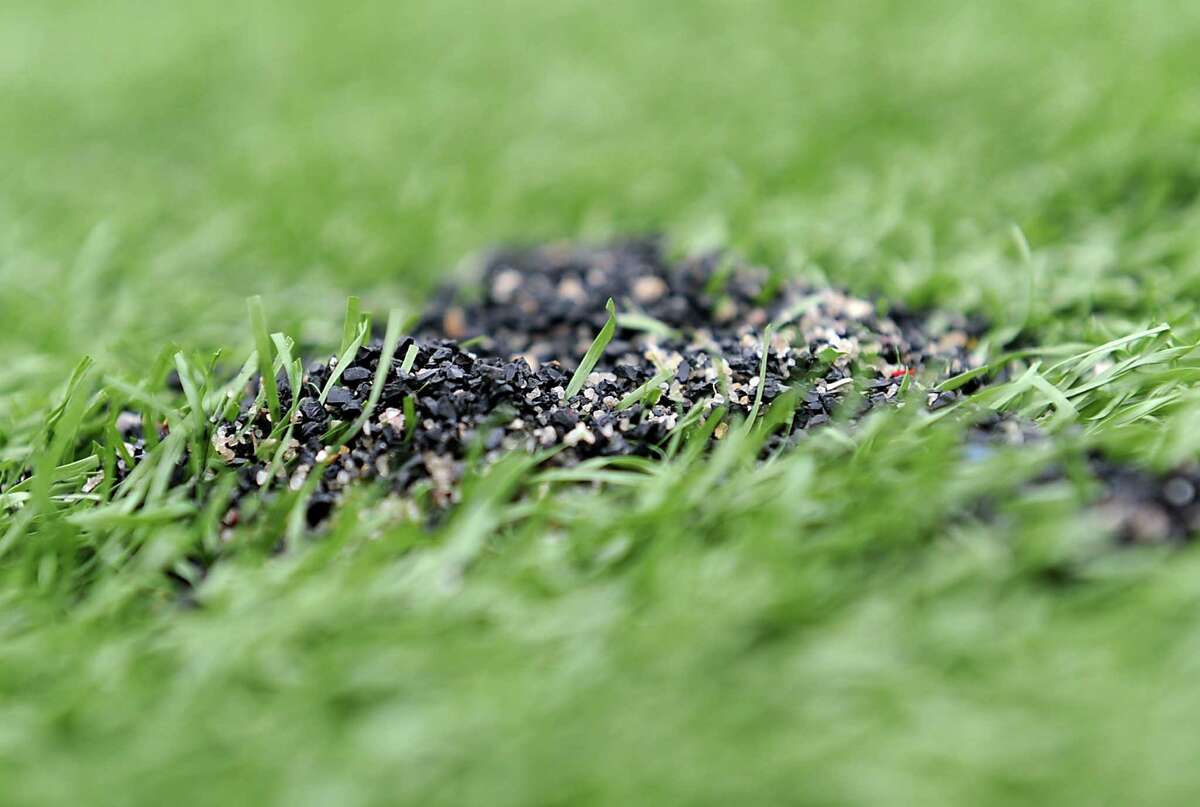
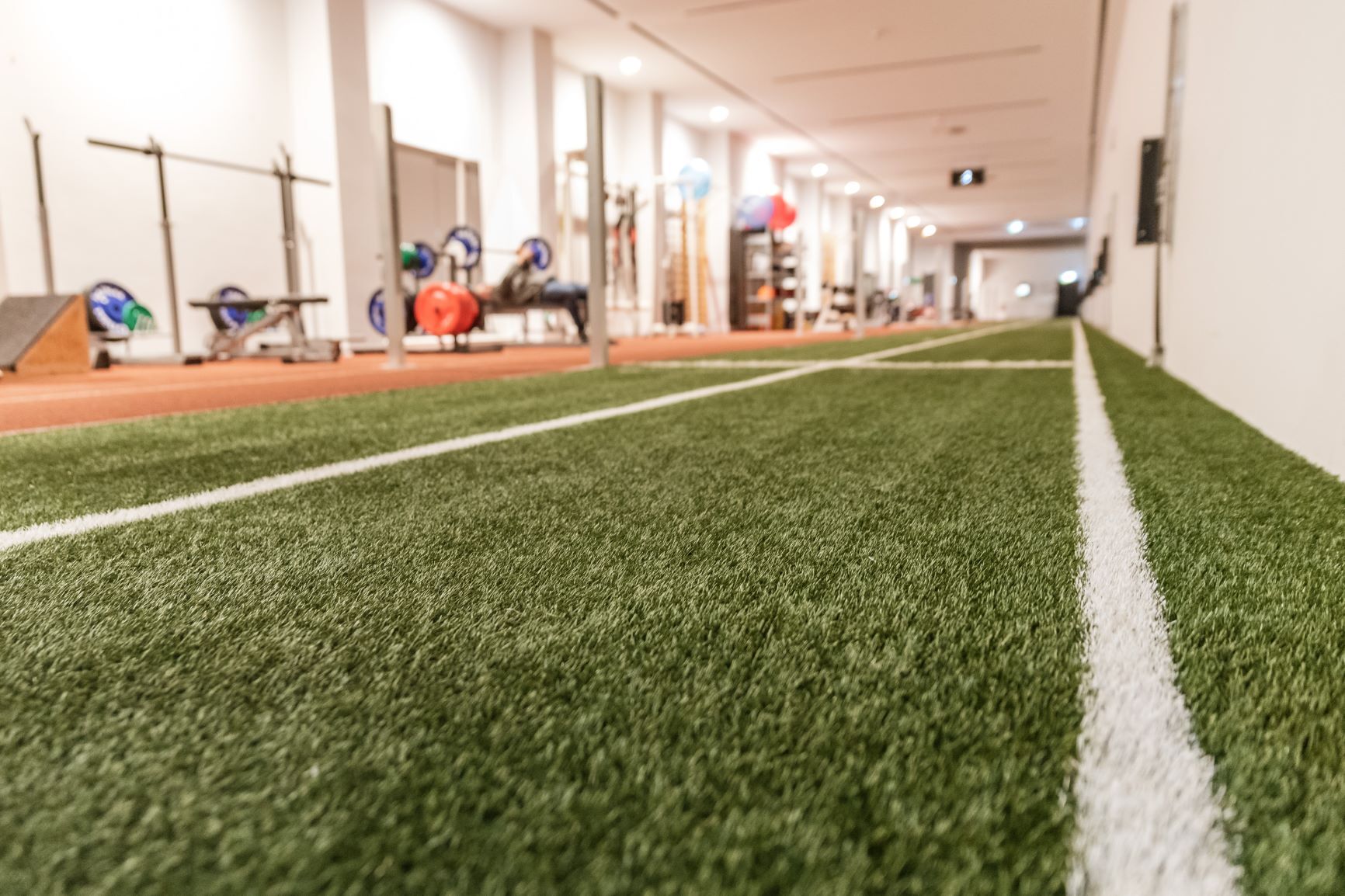

0 thoughts on “What Are The Pros And Cons Of Astro Turf”